Understand Legacy Code Change Messy Software Without Breaking It.
Books on Legacy Code
Few books dig into the challenges of working with legacy systems. These ones do.
Here is my personal bookshelf. For each book, I've written a high-level overview of what you can expect from it. Their salient points, according to me.
Click the ones that intrigue you to get more details. I put the ones that were the most insightful to me first.
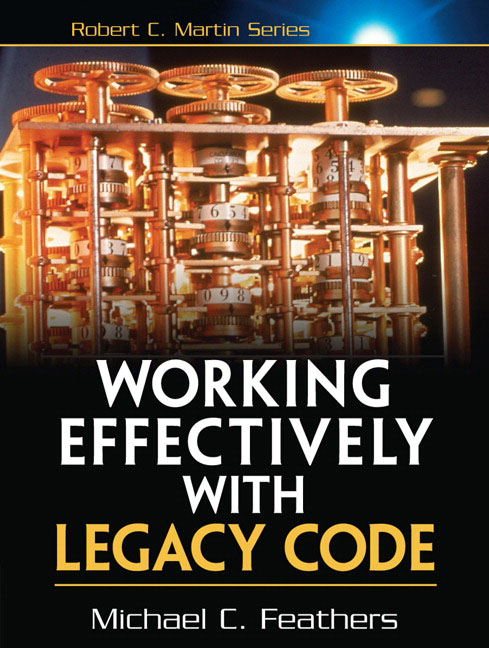
This book is a reference. Feathers provides a wide range of strategies to help understand, refactor, and improve existing code. He emphasizes the importance of testing and shows various dependency-breaking techniques to facilitate the gradual transformation of legacy systems.
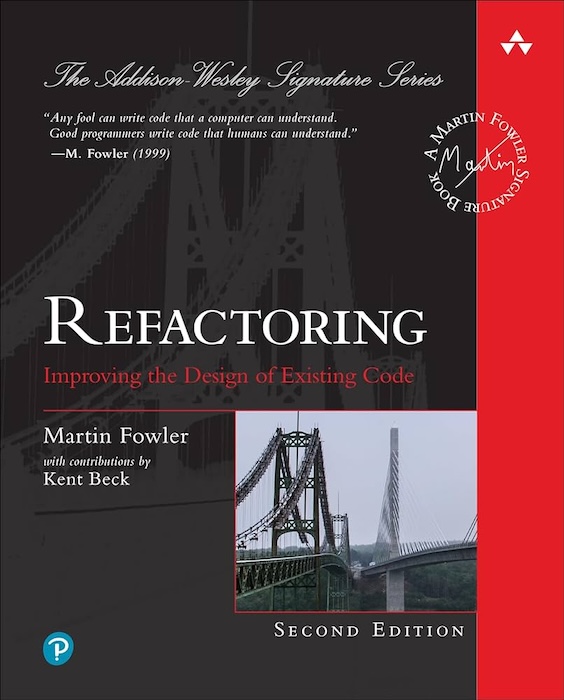
The first edition came out in 1999! This book is a classic reference for any professional developer. In particular, it will teach you how to change the structure of existing code without breaking it. It's a catalog of moves you can lean on in your day-to-day work.
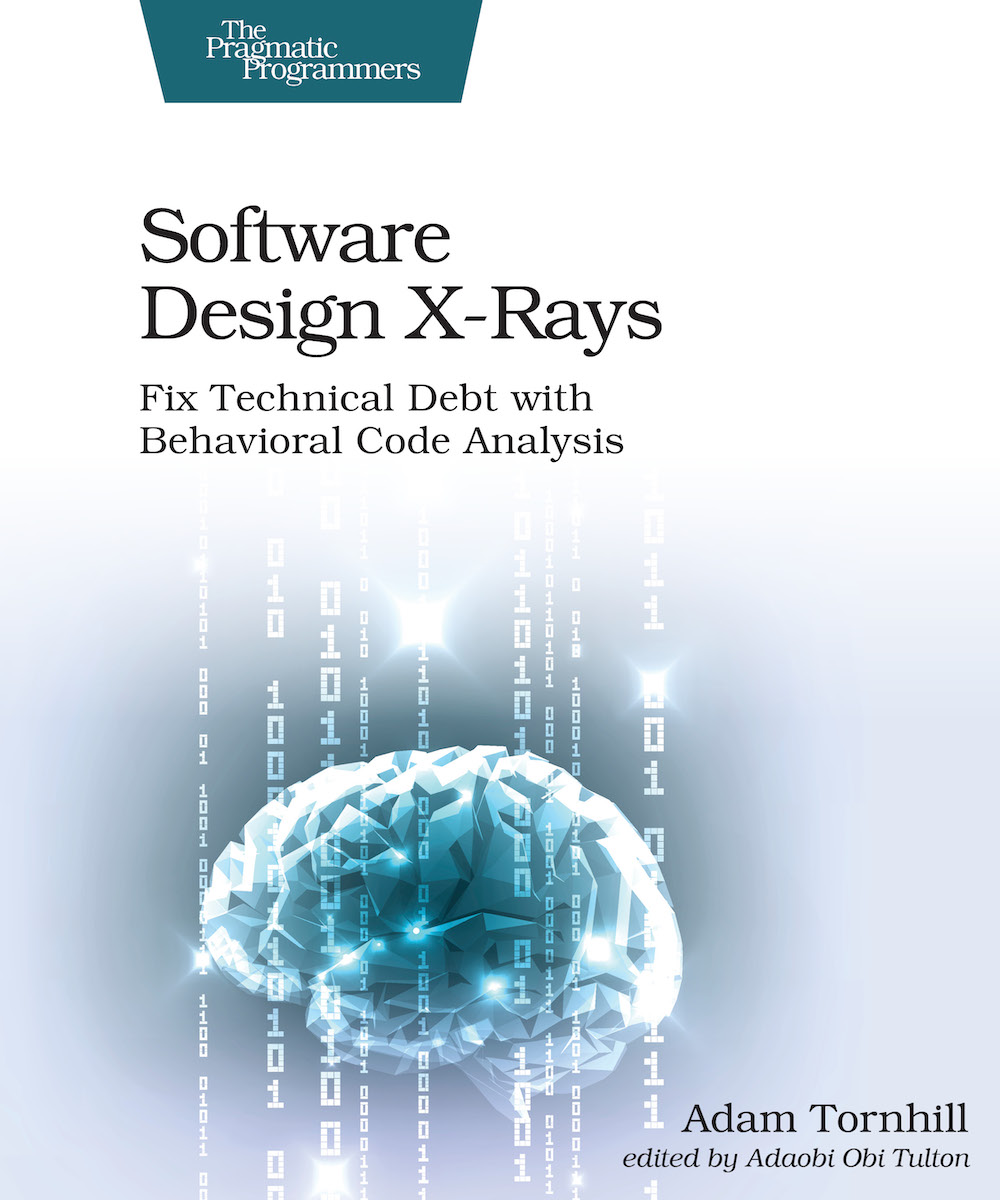
This book presents the concept of Behavioral Analysis. Adam Tornhill shows how to use git logs to infer insights about the codebase. For instance, he explains how to identify hotspots or find coupling between apparently unrelated files.
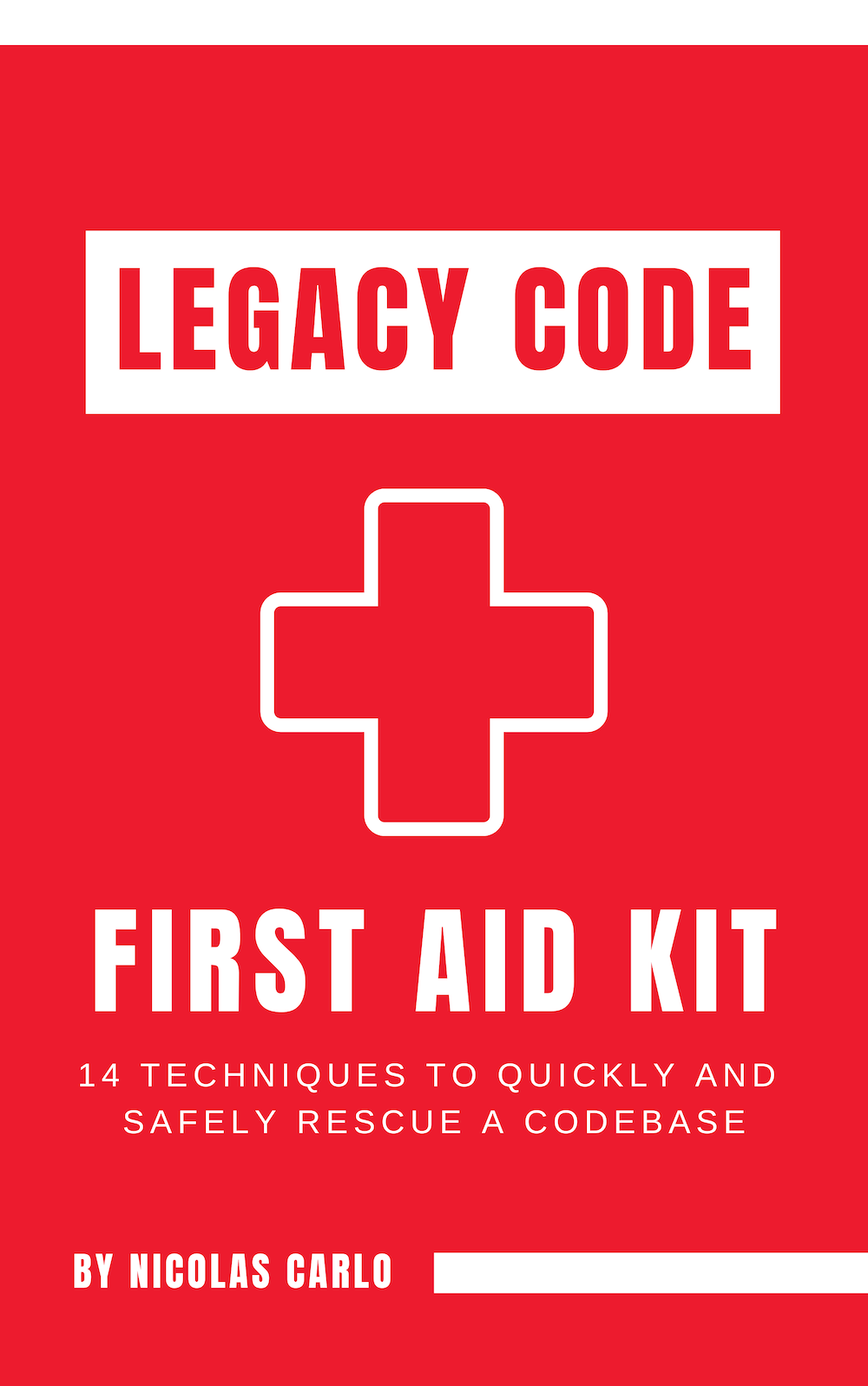
I wrote this one. I detailed the techniques I use the most to tame legacy codebases. This is a book with concrete code examples, written from the trenches.
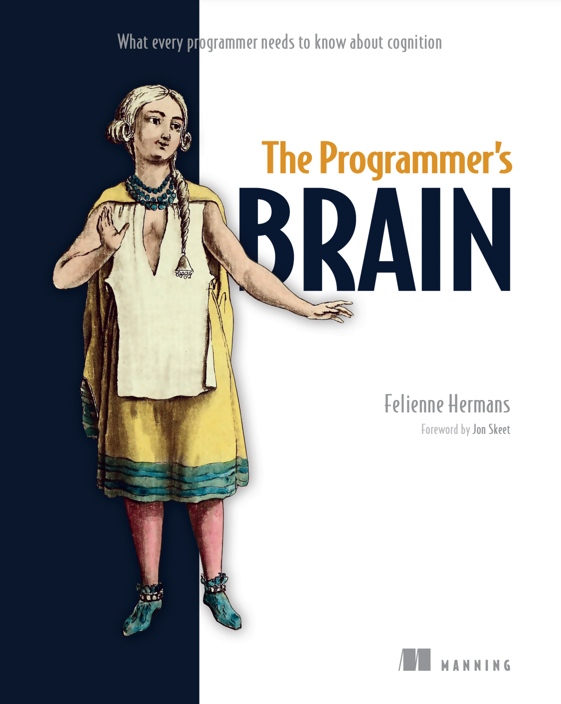
You will find here a mix of cognitive science and programming. Dr. Felienne Hermans explains how to best approach unfamiliar codebases, based on how your brain works.
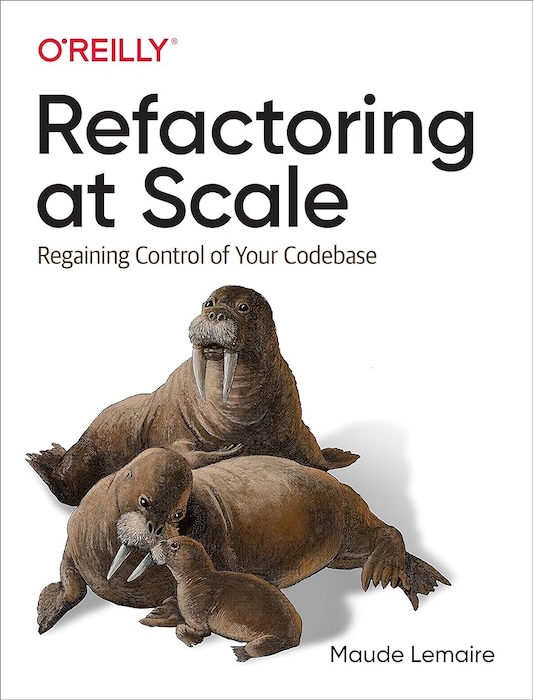
Maude Lemaire wrote a great book rooted from her experience in the trenches, at Slack. Let's see how it may help you lead large-scale refactoring projects.
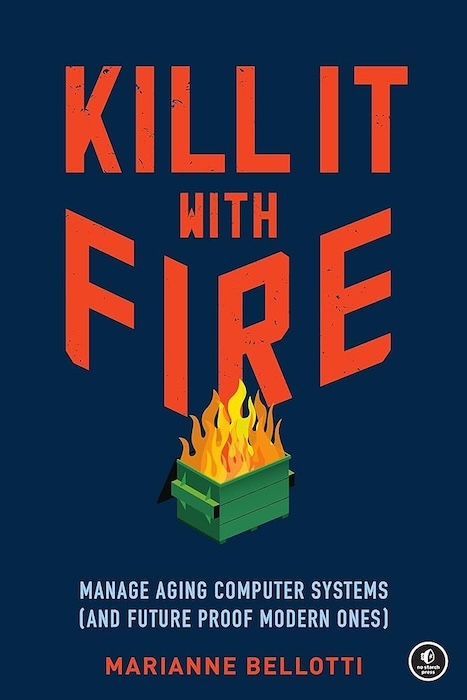
This is a great book for anyone involved modernization projects, and for tech leaders in particular. Marianne Belotti shares lessons she learned from personal experience.
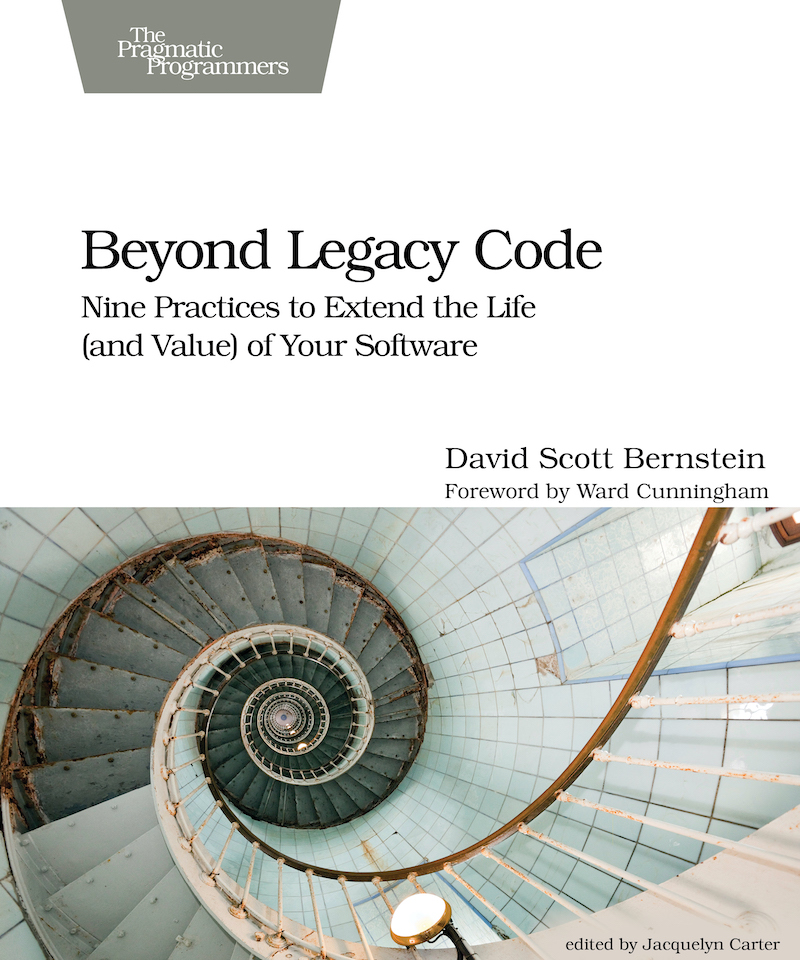
David Bernstein shares nine concepts and strategies to help you manage legacy code, from automating your tests suite to setting up a Buddy program.
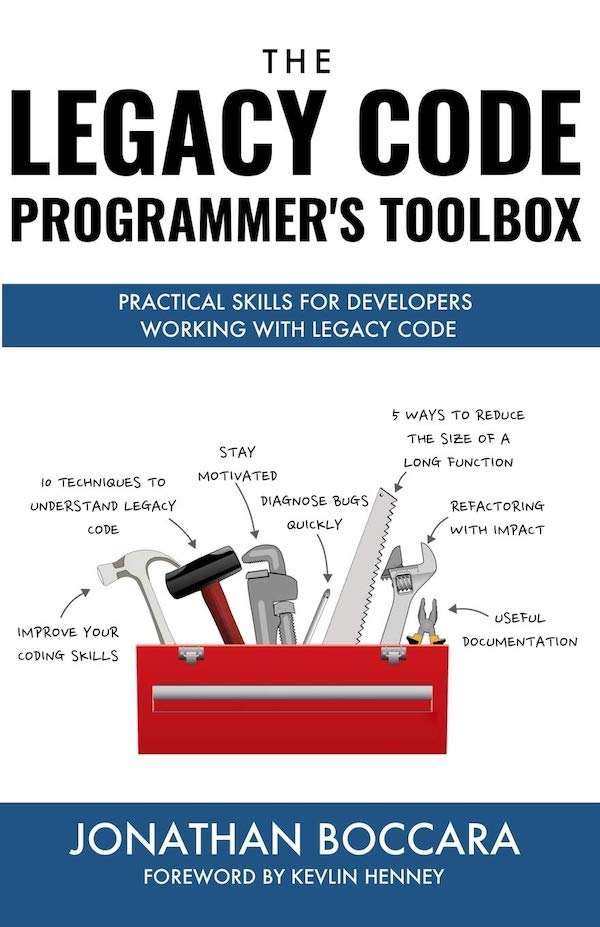
In this book, Jonathan Boccara shares a collection of techniques he recommends using on legacy codebases. From chosing a stronghold to setting up Dailies at work, it might inspire you.
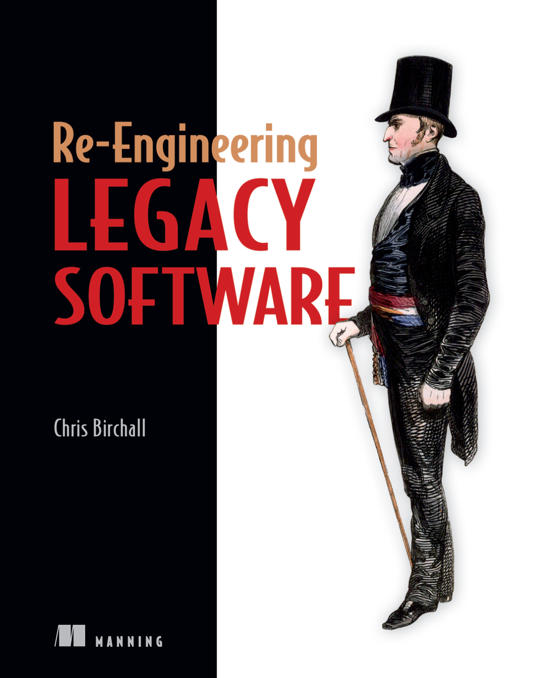
I particularly like the fact that Chris Birchall not only shares techniques to improve Legacy Code, but also how to address the Legacy Culture.

Written by Nicolas Carlo
who lives and works in Montreal, Canada 🍁
He founded the Software Crafters Montreal
community which cares about building maintainable softwares.